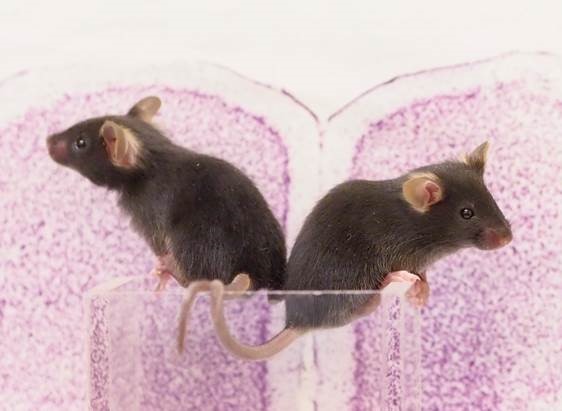Food, scarcity, and the development of learning and decision-making systems in mice
Linda Wilbrecht
University of California, Berkeley, USA
Currently, a significant fraction of children and adolescents worldwide experience insecure access to food. To better understand this issue, we tested how transient experience of insecure versus secure access to food during a ‘putative juvenile-adolescent sensitive period’ impacted learning, decision making, and the dopamine system in adulthood. To this end, we manipulated feeding history in mice from postnatal day(P) 21 to 40 as food insecure or ab libitum and found that when tested in adulthood (after P60), males with different developmental feeding history showed significant differences in cognitive flexibility and decision making. Females with different developmental feeding history showed no differences in cognitive metrics but did show significant differences in adult weight. We next applied reinforcement learning models to the behavioral data. The best fit models suggested in male mice, developmental feeding history altered how the mice learned from negative outcomes. This effect was sensitive to task context and reward contingency. Consistent with these behavioral results, in males we found that the two feeding history groups showed significant differences in excitatory synapses on midbrain dopamine neurons and significant differences in evoked dopamine release in striatal targets. Together, these data show transient differences in feeding history in the juvenile-adolescent period can have significant impact on adult weight, learning, decision-making and brain function in an animal model.
We are excited to refine our future questions and studies in dialogue with evolutionary biologists and ethologists who study scarcity, seasonal adaption, sex differences, dispersal, and adolescent development.










You must be logged in to post a comment.